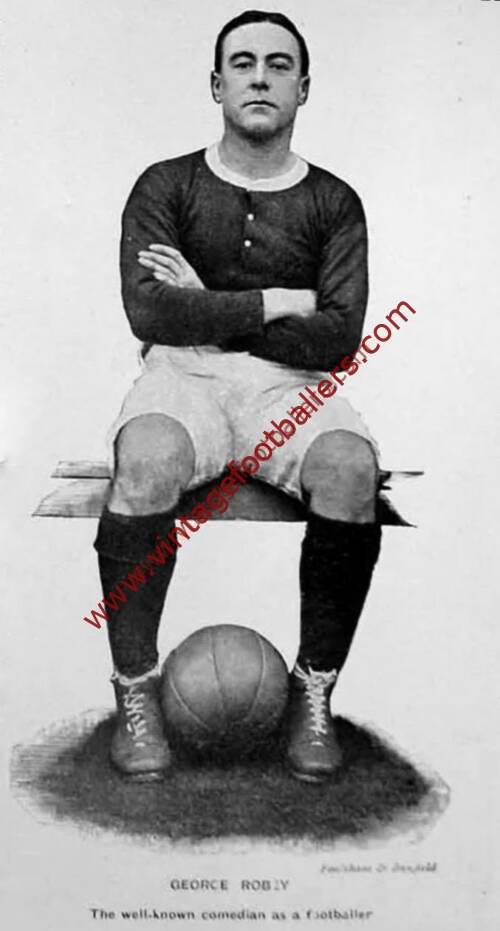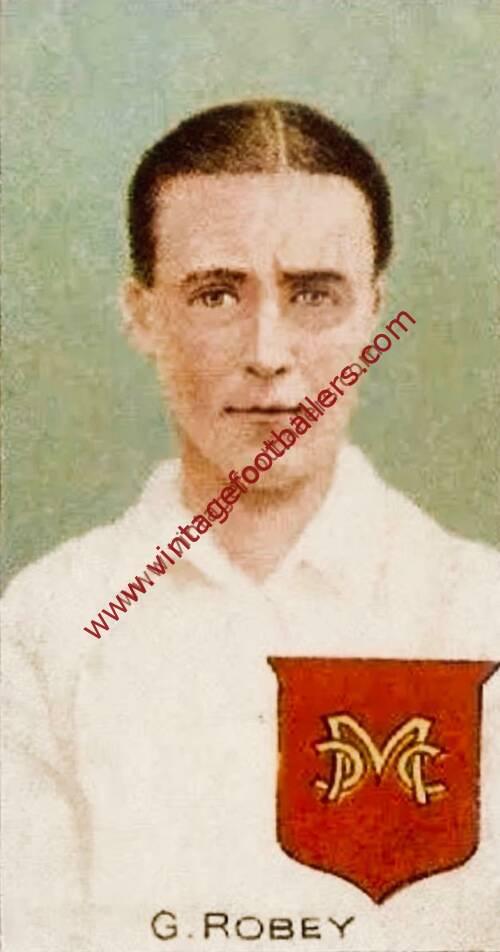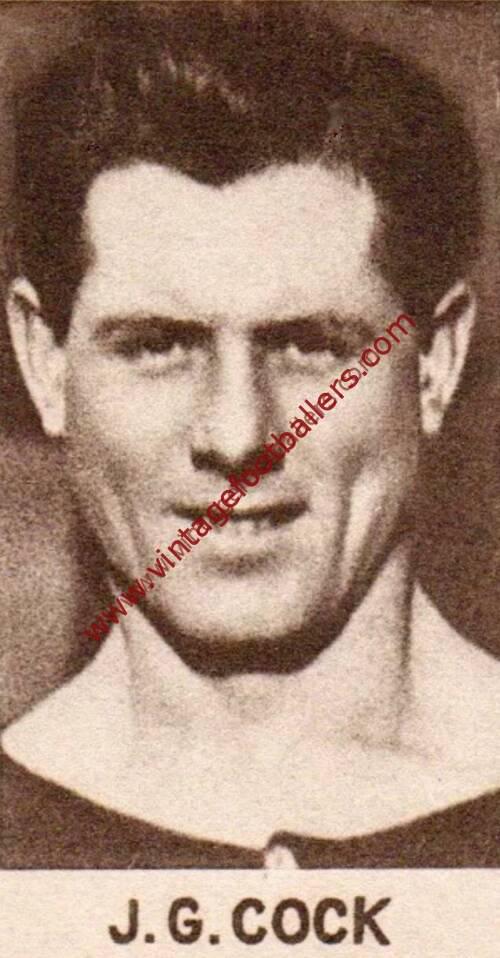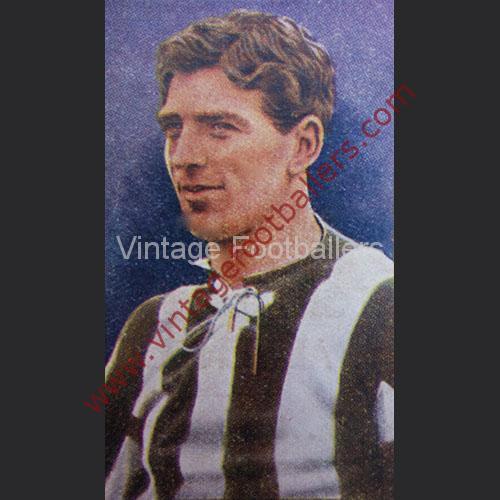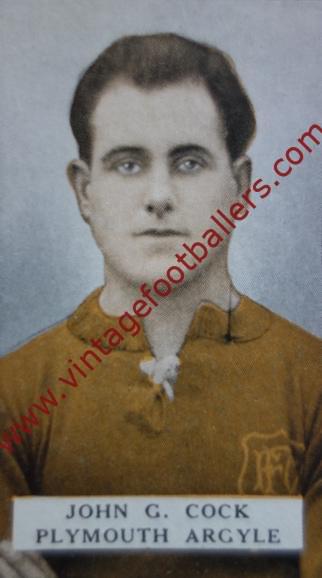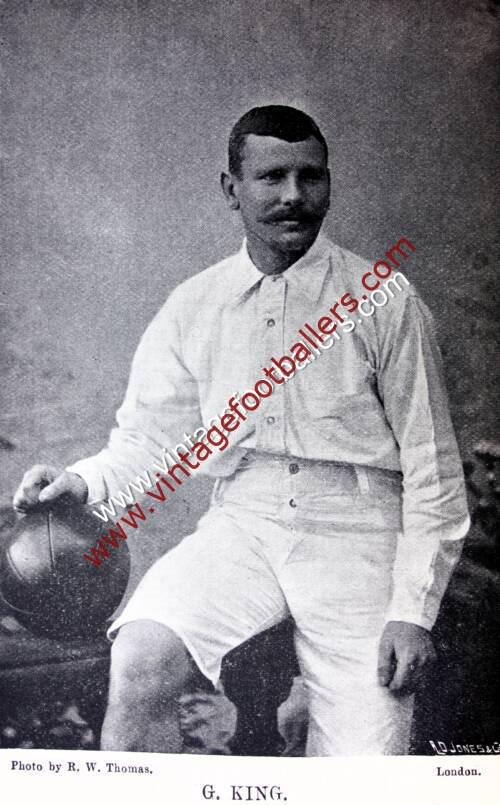Please choose your photo size from the drop down menu below.
If you wish your photo to be framed please select Yes.
Note: 16″x 20″not available in a frame.
Images can also be added to accessories. To order please follow these links
£8.95 – £49.95
Please choose your photo size from the drop down menu below.
If you wish your photo to be framed please select Yes.
Note: 16″x 20″not available in a frame.
Images can also be added to accessories. To order please follow these links
George Robey, his professional name, actually born George Wade, was famous as an English comedian, singer and actor in musical theatre, who became known as one of the greatest music hall performers of the late 19th and early 20th centuries. As a comedian, he mixed everyday situations and observations with comic absurdity. Apart from his music hall acts, he was a popular Christmas pantomime performer in the English provinces, where he excelled in the dame roles. He scored notable successes in musical revues during and after the First World War, particularly with the song “If You Were the Only Girl (In the World)”, which he performed with Violet Loraine in the revue The Bing Boys Are Here (1916). One of his best-known original characters in his six-decade long career was the Prime Minister of Mirth.
Born in Kennington, London, Robey came from a middle class family. After schooling in England and Germany, and a series of office jobs, he made his debut on the London stage at the age of 21, as the straight man to a comic hypnotist. Robey soon developed his own act and appeared at the Oxford Music Hall in 1890, where he earned favourable notices singing “The Simple Pimple” and “He’ll Get It Where He’s Gone to Now”. In 1892, he appeared in his first pantomime, Whittington Up-to-date in Brighton, which brought him to a wider audience. More provincial engagements followed in Manchester, Birmingham and Liverpool, and he became a mainstay of the popular Christmas pantomime scene.
Robey’s music hall act matured in the first decade of the 1900’s, and he undertook a number of foreign tours. He starred in the Royal Command Performance in 1912 and regularly entertained before aristocracy. He was an avid sportsman, playing cricket and football at a semi-professional level. Just before the First World War, the comedian became a favourite of the Royal Family and was hired for several private Royal functions. During the First World War, in addition to his performances in revues, he raised money for many war charities and was appointed a CBE in 1919. From 1918, he created sketches based on his Prime Minister of Mirth character and used a costume he had designed in the 1890’s as a basis for the character’s attire. He made a successful transition from music hall to variety shows and starred in the revue Round in Fifty in 1922, which earned him still wider notice. With the exception of his performances in revue and pantomime, he appeared as his Prime Minister of Mirth character in all the other entertainment media including variety, music hall and radio.
In 1913 Robey made his film debut, but he had only modest success in the medium. He continued to perform in variety theatre in the inter-war years and, in 1932, starred in Helen!, his first straight theatre role. His appearance brought him to the attention of many influential directors, including Sydney Carroll, who signed him to appear on stage as Falstaff in Henry IV, Part 1 in 1935, a role that he later repeated in Laurence Olivier’s 1944 film, Henry V. During the Second World War, Robey raised money for charities and promoted recruitment into the Forces. By the 1950’s, his health had deteriorated, and he entered into semi-retirement. He was knighted a few months before his death in 1954.
Off-stage, Robey led an active lifestyle and was a keen amateur sportsman. He was proud of his healthy physique and maintained it by performing frequent exercise and following a careful diet. By the time he was in his mid-thirties, he had played as an amateur against Millwall, Chelsea and Fulham football clubs. He organised and played in many charity football matches throughout England, which were described by the sporting press as being of a very high standard, and he remained an active football player well into his fifties. Robey became associated with cricket by 1895 when he led a team of amateur players for a match at Turney Road in Dulwich and played in matches for the M.C.C (Marylebone Cricket Club) from 1905 although never in first class matches, but played in minor games for them for many years.
He gained a reputation at the club for his comic antics on the field, such as raising his eyebrows at the approaching bowler in an attempt to distract him. The writer Neville Cardus was complimentary about Robey’s cricket prowess and called him “an elegant player” whose performances on the cricket field were as entertaining as they were on the stage. Although a versatile player, Robey thought of himself as a “medium-paced, right-handed bowler”.
By 1903 Robey was playing football at a semi-professional level. He was signed as an inside forward by Southern League Millwall Athletic and allegedly scored many goals for them. Just how many times he played for Millwall is difficult to ascertain due to the fact that serious matches were hard to distinguish from the charity matches. Often when organising these charity matches he would ask some of the Millwall players to participate. He could well have appeared for their first team in Southern League matches but he didn’t seemingly appear in any FA Cup ties between 1903 and 1906, for which there are records. The period that he did play for them was before the Millwall decided to move from The Isle of Dogs to South London in 1910. His memories of these matches indicated that although people thought he was a strong player, he wasn’t always taken seriously, often the crowd would shout out his catchphrases and start to laugh. In one particular incident he was knocked out cold and woke up to find hundreds of people smiling at him, thinking he was pretending and the incident was part of some comedy routine.
In September 1904, while appearing in Hull, he was asked by the cricketer Harry Wrathall to take part in a charity cricket match at the Yorkshire County Cricket Club. Robey played so well that Wrathall asked him to return the following Saturday to take part in a professional game. That weekend, while waiting in the pavilion before the game, Robey was approached by an agent for Hull City, who asked the comedian to play in a match that same afternoon. Robey agreed, swapped his cricket flannels for a football kit and played with the team in a friendly against Nottingham Forest as an inside right. This was the season before Hull City joined the Football League and besides the FA Cup they only played in friendly matches.
Robey was asked to help organise a charity football match in 1907 by friends of the Scottish football trainer James Miller, who had died the previous year. Robey compiled a team of amateur footballers from the theatrical profession and met Miller’s former team Chelsea Football Club at their home ground. The match raised considerable proceeds for Miller’s widow. Robey was proud of the match and joked: “I just wanted to make sure that Chelsea stay in the First Division.” He was still playing in public charity matches as late as 1921 when already aged 52.
He also displayed a good level of ability in vigoro, an Australian sport derived from both cricket and baseball the popularity of which was short-lived in England.
| Weight | N/A |
|---|
